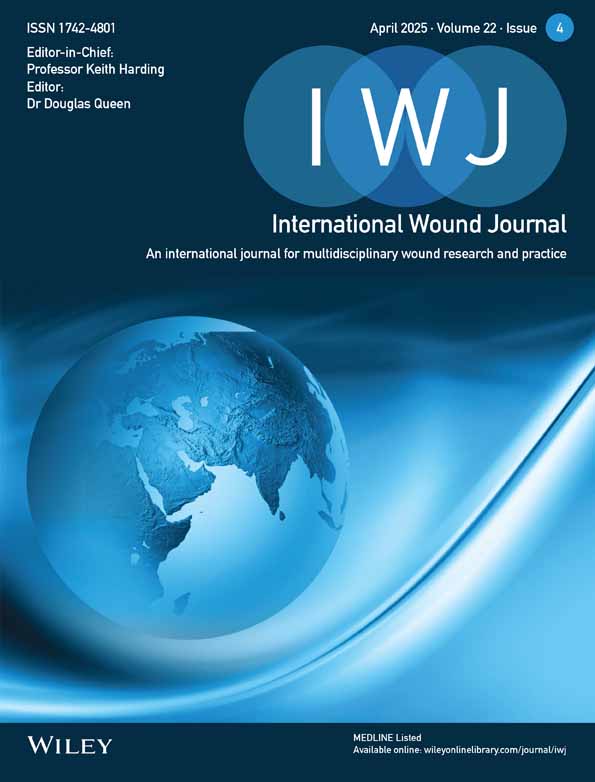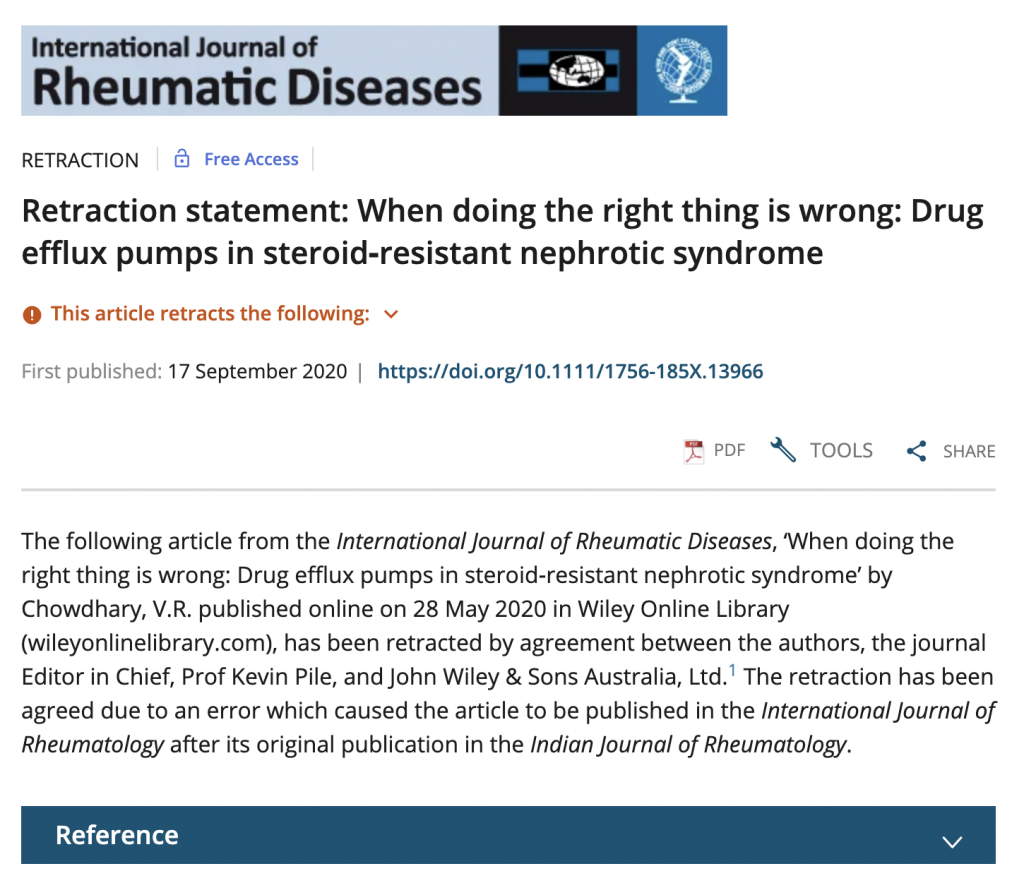The International Wound Journal has retracted 242 papers so far this year as part of an ongoing investigation into manipulated peer review.
We reported in December the journal, a Wiley title, had retracted 27 papers as part of an investigation. A Wiley spokesperson told us the 2025 retractions are part of the same ongoing investigation, and that the editors “anticipate additional retractions in the weeks to come.”
All the retraction notices list manipulated peer review and share similar text, like the notice from this retraction of a 2023 paper:
Continue reading Wiley journal retracts over 200 more papers








